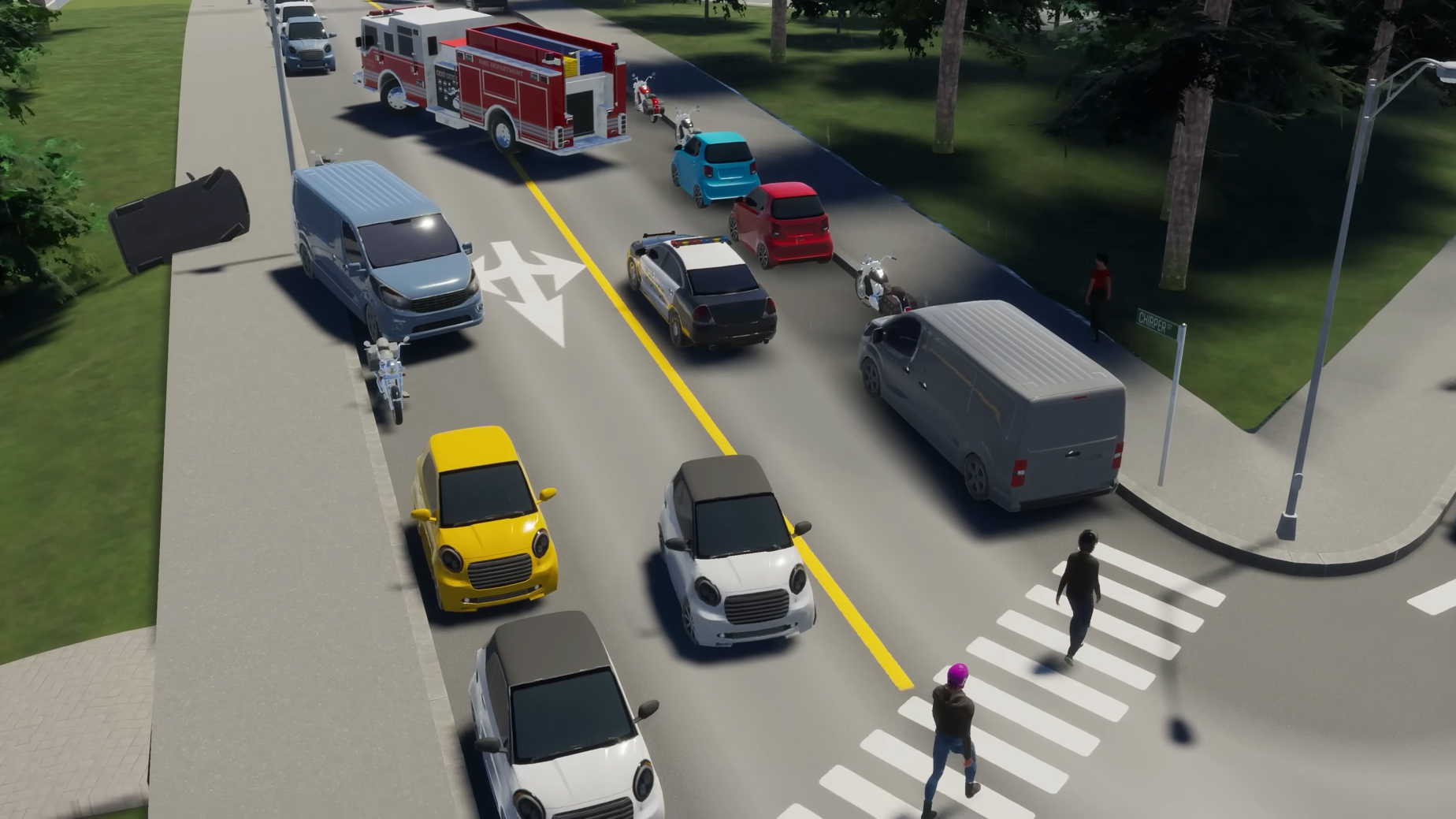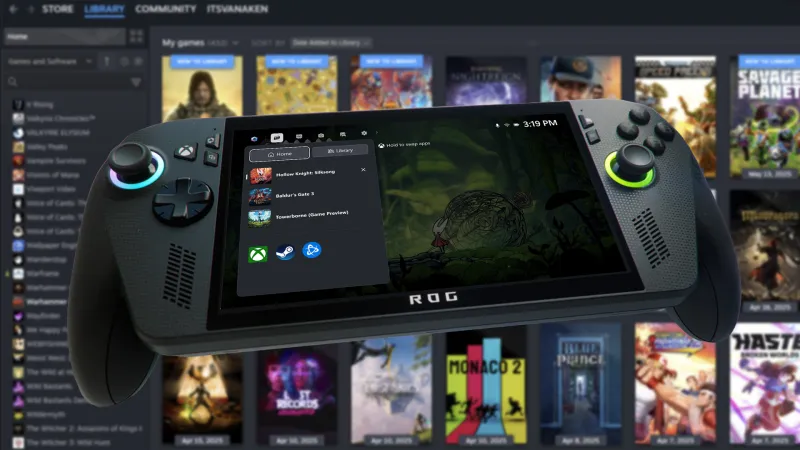
Money will be one element of AI pathfinding—and just like in real life, younger people won't have much of it.
As we get closer to the October 24 release of Cities: Skylines 2, Paradox Interactive is sharing more about how the city builder sequel works. Today in a new video and development diary we learned a lot about how traffic will find its way through the cities we build using a new AI pathfinding system.
This pathfinding system already sounds more complex than the one in the original Cities: Skylines, which operated solely on proximity. It also sounds more realistic, since one of the factors that will help AI decide where to go is the cost of things like parking and transportation.
And just like in real life, the younger simulated residents of Cities: Skylines 2 don’t have as much money as the older folks do.
“In Cities: Skylines II agents choose a route based on a pathfinding cost,” reads the development diary, which explains that cost is derived from four different elements: time, comfort, behavior, and money. AI “agents” (simulated people) will use those elements to determine their most optimal pathfinding route while traveling through the city, and different agents will have different priorities. Interestingly, some of those priorities depend on the age of the tiny simulated person living in the city.
“For teens the most important factor is Money: they seek out cheap options when traveling, be it the means of transportation or parking behavior,” the diary says. “Adults value Time, so the quickest route is usually the best for them. And Seniors prefer a high Comfort level. As long as the Comfort cost is small, seniors tend to choose that option.”
That sounds familiar, doesn’t it? Those damn wealthy seniors, only thinking about their own comfort as they cruise through the city, wondering why the youth of today don’t buy houses and diamond rings and start families at age 19. It’s because the young people don’t have money because you won’t pay them a living wage, boomer!
Or maybe I’m reading too much into things? Either way, it’s an interesting system for pathfinding and I don’t think I’ve ever heard of a game taking the age of the AI into account when calculating how they’ll get around. The diary continues: “Adults are most concerned about time and choose places that are along the quickest route, while teens have the least money so they choose cheap parking options, even if it means they have to walk longer distances or use other means of transportation to complete their travel.”
And there’s more to it, including some risky decision making that could make your city feel a bit spicy. “Behavior refers to agents’ willingness to make ‘dangerous’ decisions in traffic, such as making a U-turn,” the diary says. “Citizens and delivery vehicles are less likely to make dangerous decisions in traffic to cut pathfinding costs, while emergency vehicles have a more lenient behavior model so that they can navigate the road network during emergencies and make dangerous pathfinding decisions if necessary.”
I’m already picturing the inevitable mod that turns every citizens’ AI behavior mode to “dangerous.” I definitely want to see thousands of cars doing handbrake turns and cutting across four lanes of traffic to change direction.
There are also some nice new features to make your cities run more smoothly, like vehicles using all lanes of traffic available (finally) and a feature that will allow players to limit service and emergency vehicles to operate only inside assigned districts, so you don’t wind up with a garbage truck driving dozens of miles just to pick up someone’s trash on the entire opposite side of the city. There will even be traffic accidents, as seen in the video above where a car spins out on rain-slick streets.
The more we learn about Cities: Skylines 2, the better it sounds. You can read the full development diary about AI pathfinding here.



